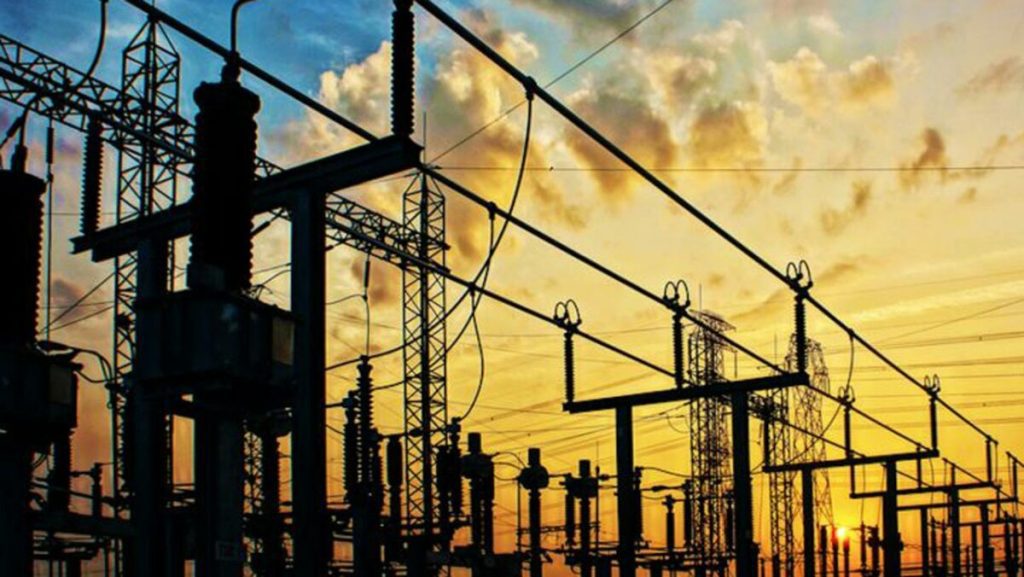Nigeria recently faced a significant nationwide blackout, disrupting power supply across various regions and affecting millions of citizens. The outage, which occurred unexpectedly, highlighted the ongoing challenges facing the country’s electricity infrastructure.
The blackout was attributed to multiple factors, including technical failures and maintenance issues within the national grid. The Transmission Company of Nigeria (TCN) reported that several power plants had to shut down due to faults, leading to a substantial drop in electricity generation. As a result, many households, businesses, and public facilities were left without power for extended periods, causing considerable inconvenience and disruption.
In response to the situation, the TCN assured the public that efforts were underway to restore power as quickly as possible. They emphasized their commitment to resolving the technical issues that led to the blackout. However, many citizens expressed frustration over the recurrent nature of such outages, calling for urgent reforms in the electricity sector to enhance reliability and service delivery.
This incident serves as a stark reminder of the persistent challenges in Nigeria’s energy sector, which continues to grapple with inadequate infrastructure, frequent outages, and high levels of electricity theft. As the country strives for economic growth and development, addressing these issues remains critical to ensuring a stable and efficient power supply for its citizens.
The government and relevant agencies are expected to conduct a thorough investigation into the causes of the blackout, with the aim of implementing measures to prevent future occurrences and improve the overall stability of the national grid.





















